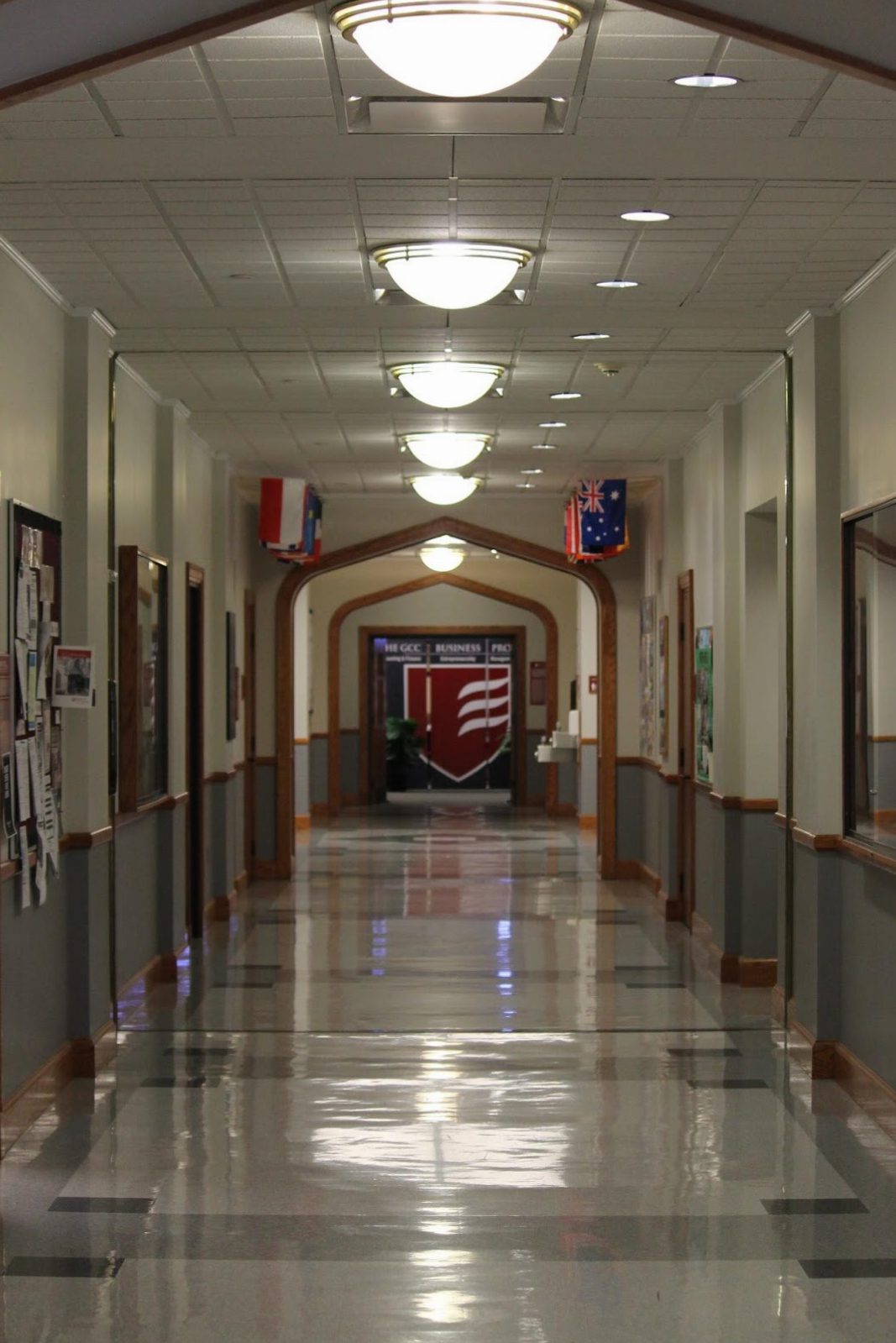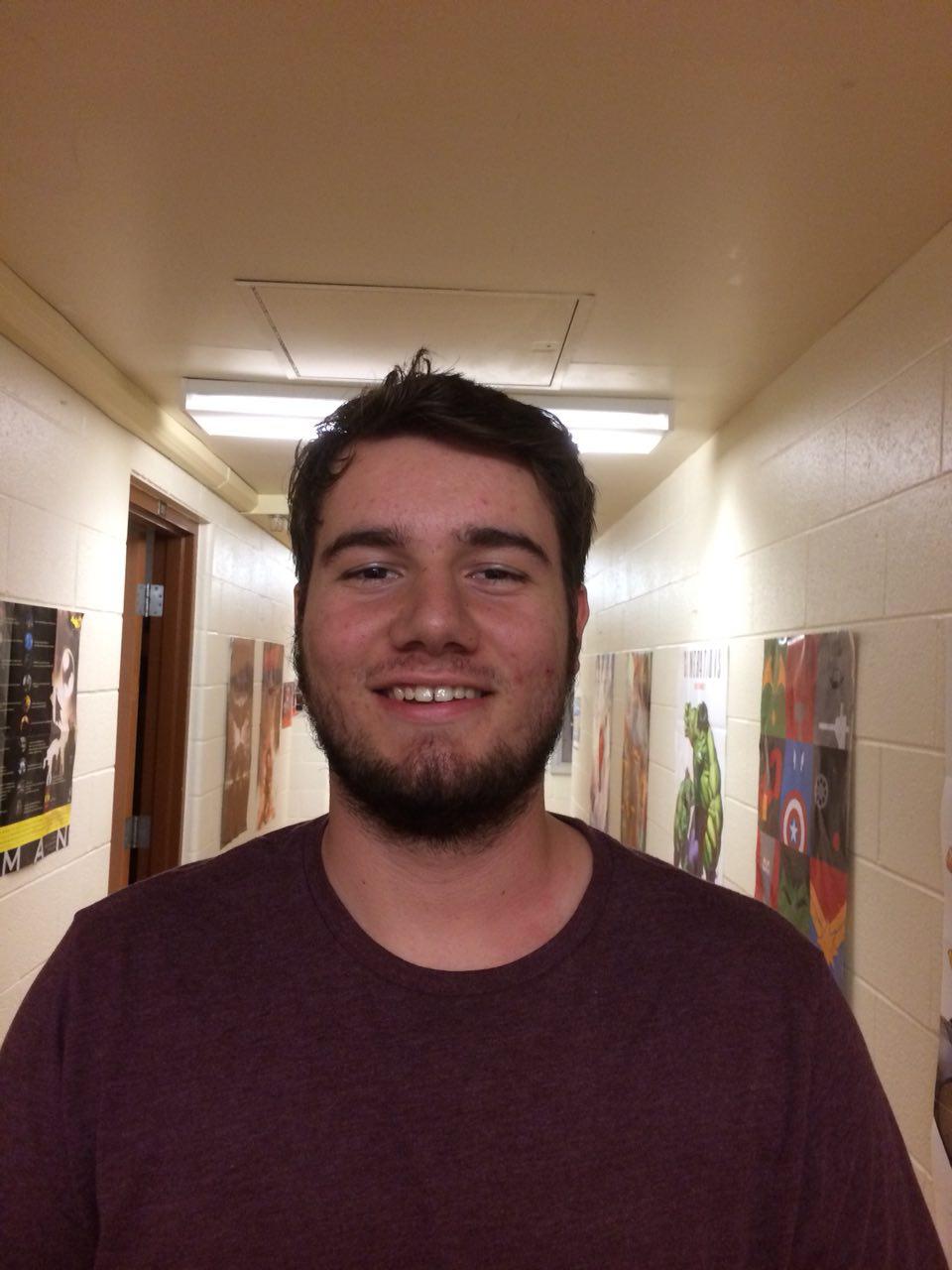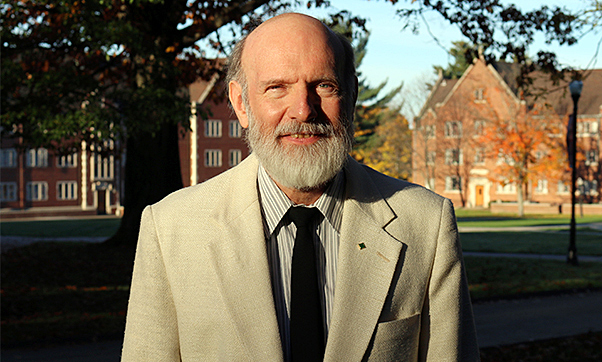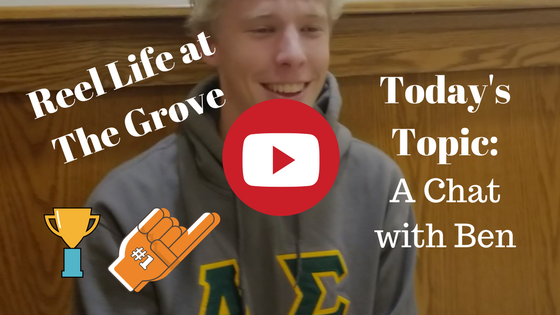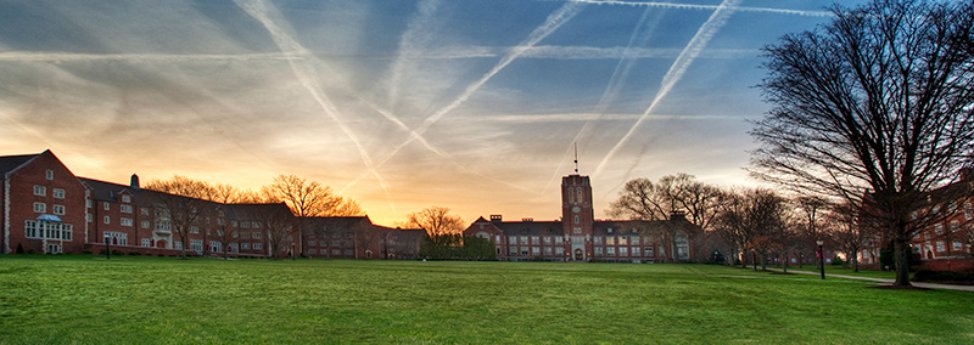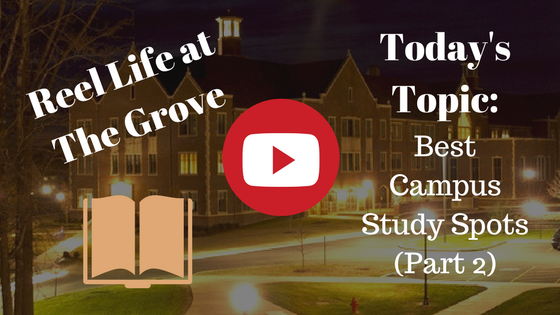Entrepreneurial Successes: Homecoming Businesses

The Entrepreneurship department at Grove City College is a high-energy, supportive, and fun community, but perhaps the best part is that students come out of the program fully equipped to start businesses and many start them even before graduation! The Center for Entrepreneurship + Innovation at Grove City College hosted a tent at Homecoming this year, and I took the […]
Read more
